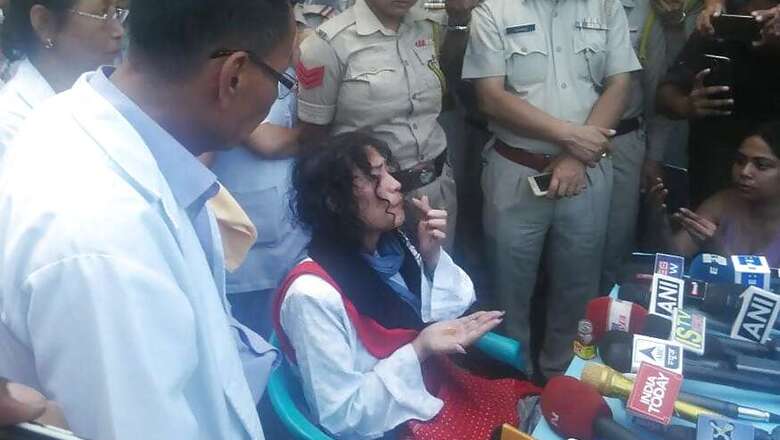
views
Imphal: The 'Iron Lady' of Manipur and social activist Irom Chanu Sharmila ended her fast on Tuesday, nearly 16 years after she started her protest against the Armed Forces (Special Powers) Act (AFSPA) in Manipur.
After ending her fast Irom told reporters that she hopes to become the Chief Minister of Manipur to remove AFSPA.
"If I become CM the first thing I will do is remove the draconian AFSPA," Irom said adding that she did not want to go with any of the established political parties.
She also vowed that she will never go and meet her mother until she achieves her goal of removing AFSPA.
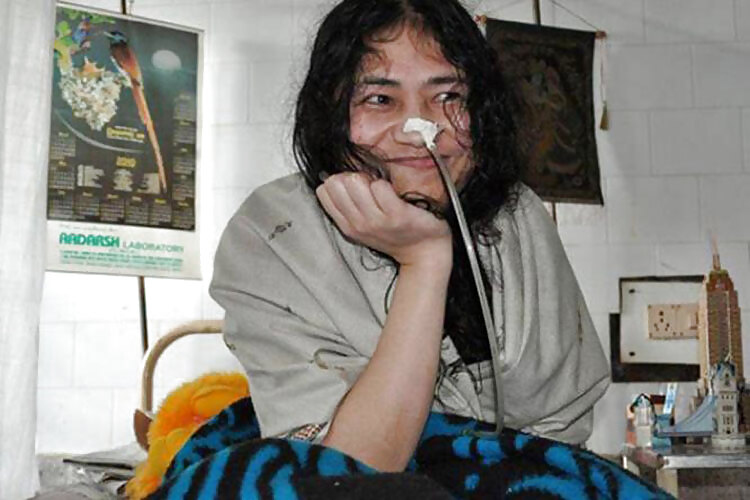
"We all know politics is dirty, but I need power. There is no real democracy in Manipur," she said.
An emotionally overwhelmed Irom broke down for nearly a minute before ending her fast by sipping a drop of honey.
Irom, who was forcibly fed through a nasal tube since 2000 to keep her alive at a prison-turned-hospital, ended her fast after a local court in Imphal granted her bail.
She told the court that the decision was for the sake of the public as it meant she could express herself. The court said she could be released on furnishing a bail bond of Rs 10,000.
Sources said the government will provide security to Irom considering the threat to her life.
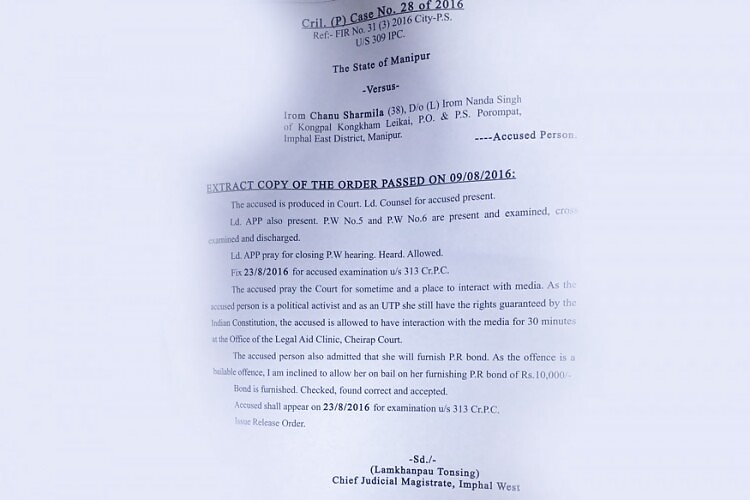
Earlier, around 10.40 am, she came out of the Imphal hospital and officially declared that she is going to end her fast at the court.
Irom stunned the world on July 26, when she told mediapersons outside the Imphal Court that she wanted to contest elections after breaking her fast.
Activists associated with her said her decision would mark a new beginning in the fight against AFSPA in the state. Her decision to contest state elections is likely to have a huge impact on Manipur's political scene.
On November 2, 2000, Irom began a hunger strike (unto death) to protest against the gunning down by the Assam Rifles of 10 civilians waiting at a bus stop at Malom near Imphal airport.
On November 5, 2000 she was arrested three days after the fast and on November 21, 2000, she was force-fed through nasogastric intubation in order to keep her alive while under arrest, as her health had deteriorated severely.
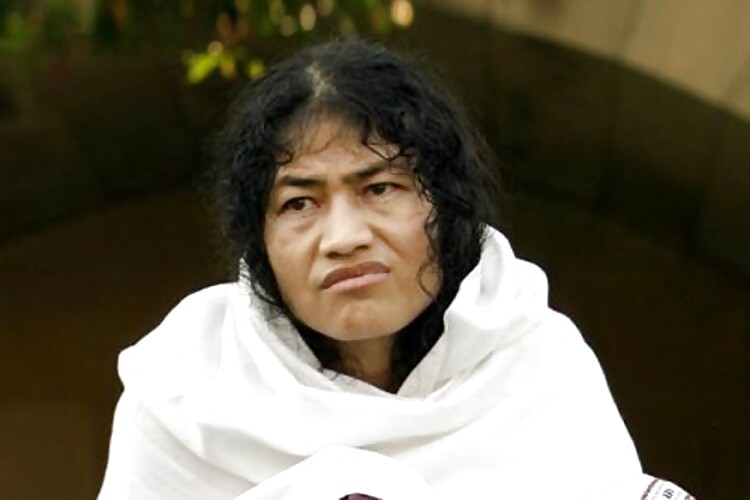
Under the Armed Forces (Special Powers) Act, 1958, in the 7 North-Eastern states and J&K, the armed forces can arrest, search without a warrant and use force on the basis of "reasonable suspicion" that a person is engaging in anti-national activities.











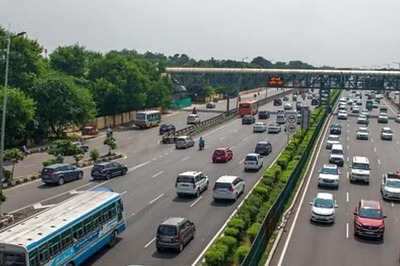






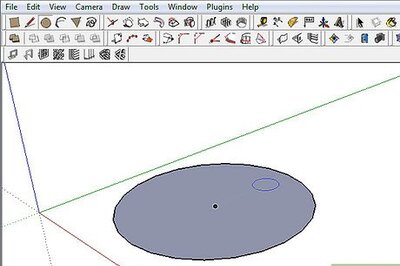
Comments
0 comment